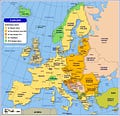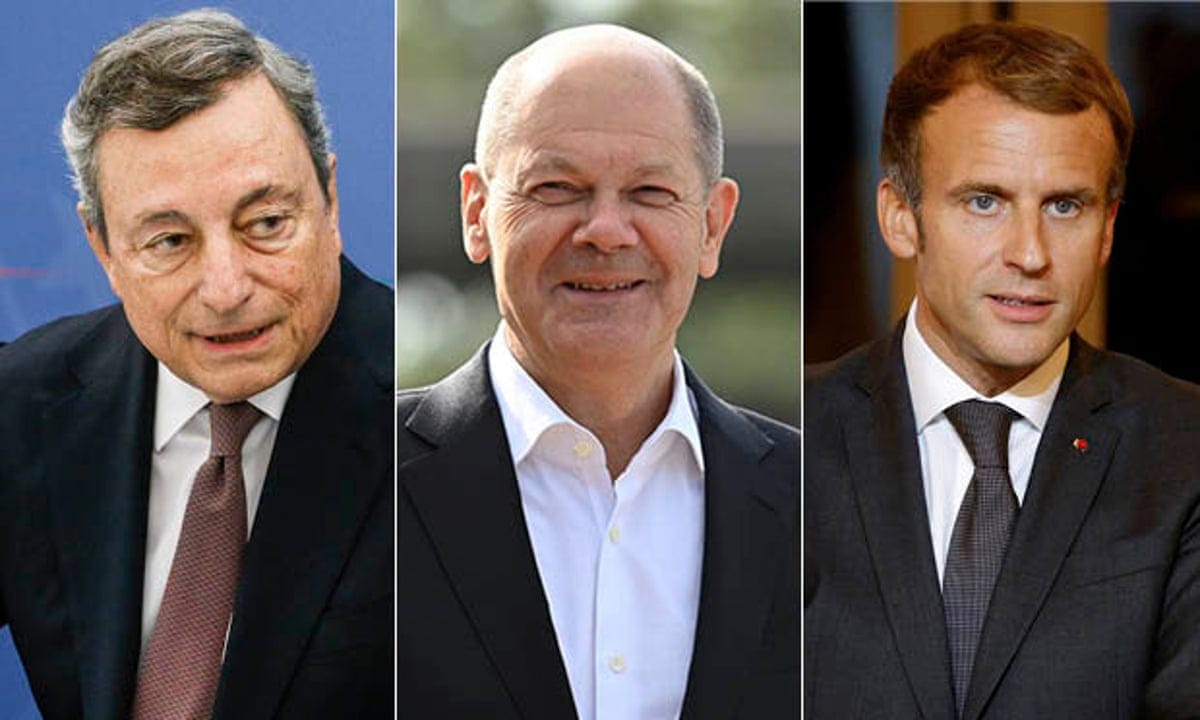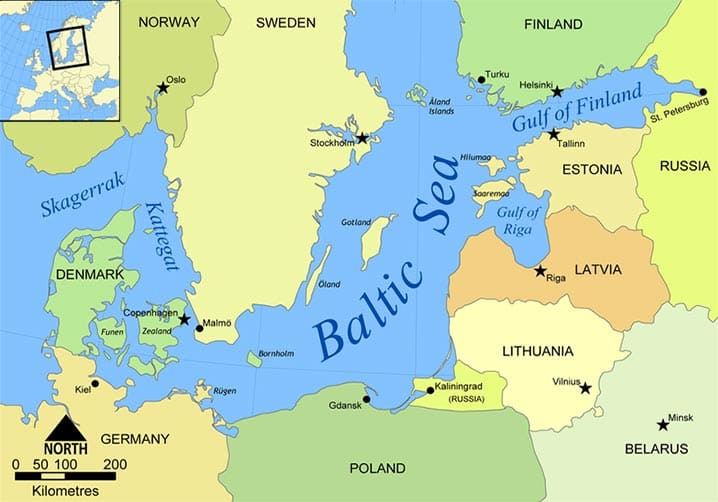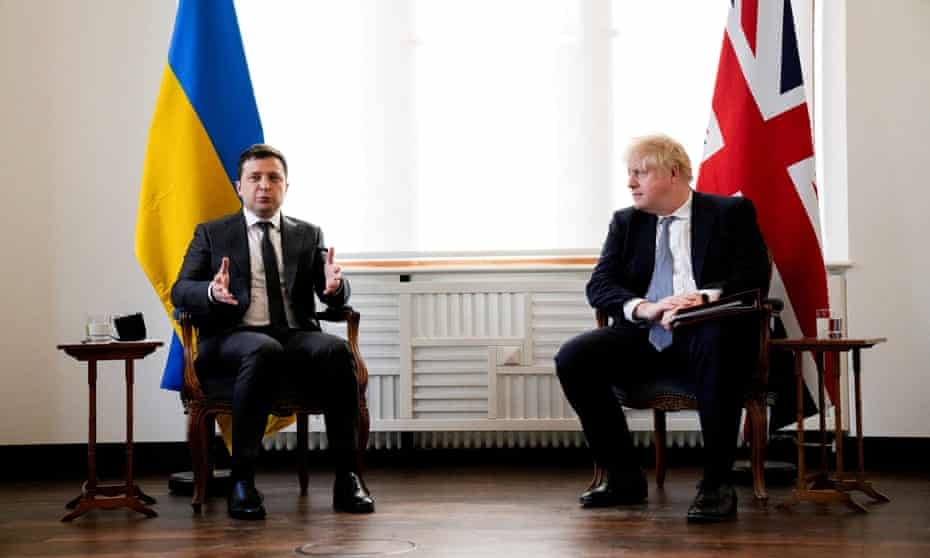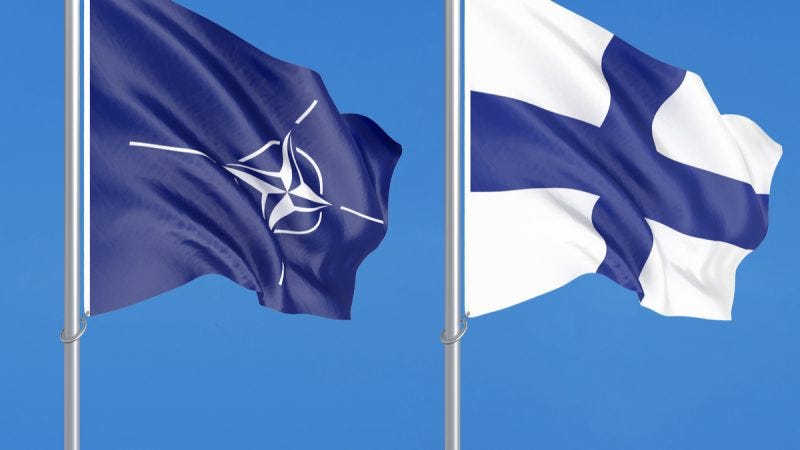As the Russian military drives deeper into Ukraine, the capitals of Europe are buzzing with activity. Each country is trying to navigate a path between expressing support for Ukrainian sovereignty and indignation at the perfidy of Russia while also ensuring that they protect their own interests. Each country and region of Europe is handling the largest military action on the continent since World War II differently.
Italy and Germany: Both these countries are saying all the right things and pledging support for NATO and for EU sanctions on Moscow. In reality, they aren’t going as far as they could. Both countries have declined to impose a ban on Swift banking in Russia. There are good reasons not to–Russia has a legitimate alternative to the banking system and there are few ways that Italy or Germany could recoup the $30+ billion Russia owes them. Both Germany and Italy are also reliant on Russia for energy. That makes Germany’s decision to end the Nord-Stream 2 pipeline all the more significant. It’s unclear if this represents a willingness from Berlin to get tougher with Russia. Recent comments from the German Defence Minister criticizing German military options in NATO and a promise to step up air patrols over Romania may mean that Germany is viewing Russia as a long-term problem that it will need to adjust its strategy over.
France: Emmanuel Macron is running for reelection as president of the French Republic meaning he has to act tough and in control. He has been vocal in the need to heavily sanction Russia, largely in lockstep with the United Kingdom and United States. The French Foreign Minister also mentioned the existence of a French nuclear force when responding to the challenge from Putin. Nuclear forces are a touchy subject in Europe and one doesn’t speak of them in such a manner.
Poland and the Baltic States: As the frontline states on the border of Russia, Belarus and the invaded Ukraine, Poland, Latvia, Lithuania, and Estonia don’t have the luxury of waiting for events to unfold. They have all declared a state of emergency with the Russian invasion and are preparing to accept more American troops to shore up their defenses. Both Latvia and Estonia have called for Article 4 consultations as part of the NATO charter. Poland is also preparing to receive thousands of Ukrainian refugees.
United Kingdom: Prime Minister Boris Johnson has been vocal in condemnation of Putin and the Russian military invasion of Ukraine. Coming out from a cloud of political scandal related to Covid restriction evasion in government offices, Johnson has been able to rally British political class and public support for his measures against Russia. Poland and the UK signed a defensive alliance with Ukraine last week but it’s unclear what the parameters of the deal are.
Sweden and Finland: The debate over NATO membership for the two Nordic countries is intensifying. Sweden has been vocal in its defensive preparations, as has Finland, but only in Finland has the Prime Minister announced a possible change vis-à-vis NATO. It seems likely that Finland will apply for membership in the alliance but the timeline is unclear. This would be a huge blow to Russia as the last thing it wants is more borders with NATO countries. While Sweden remains reticent now about NATO, the outcome and conduct of military operations in Ukraine will play a huge role in that decision.
